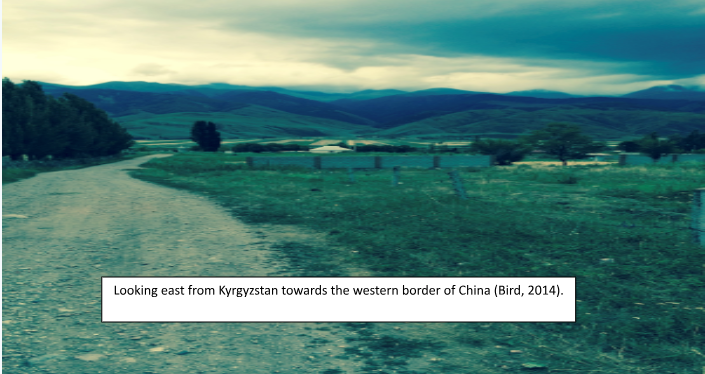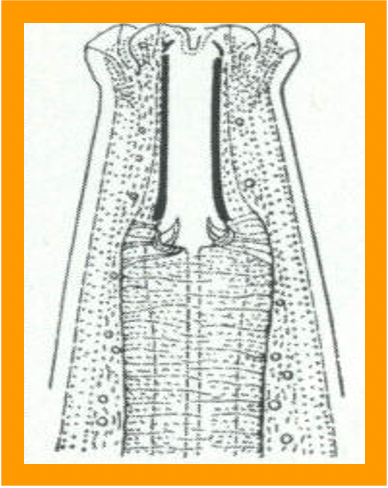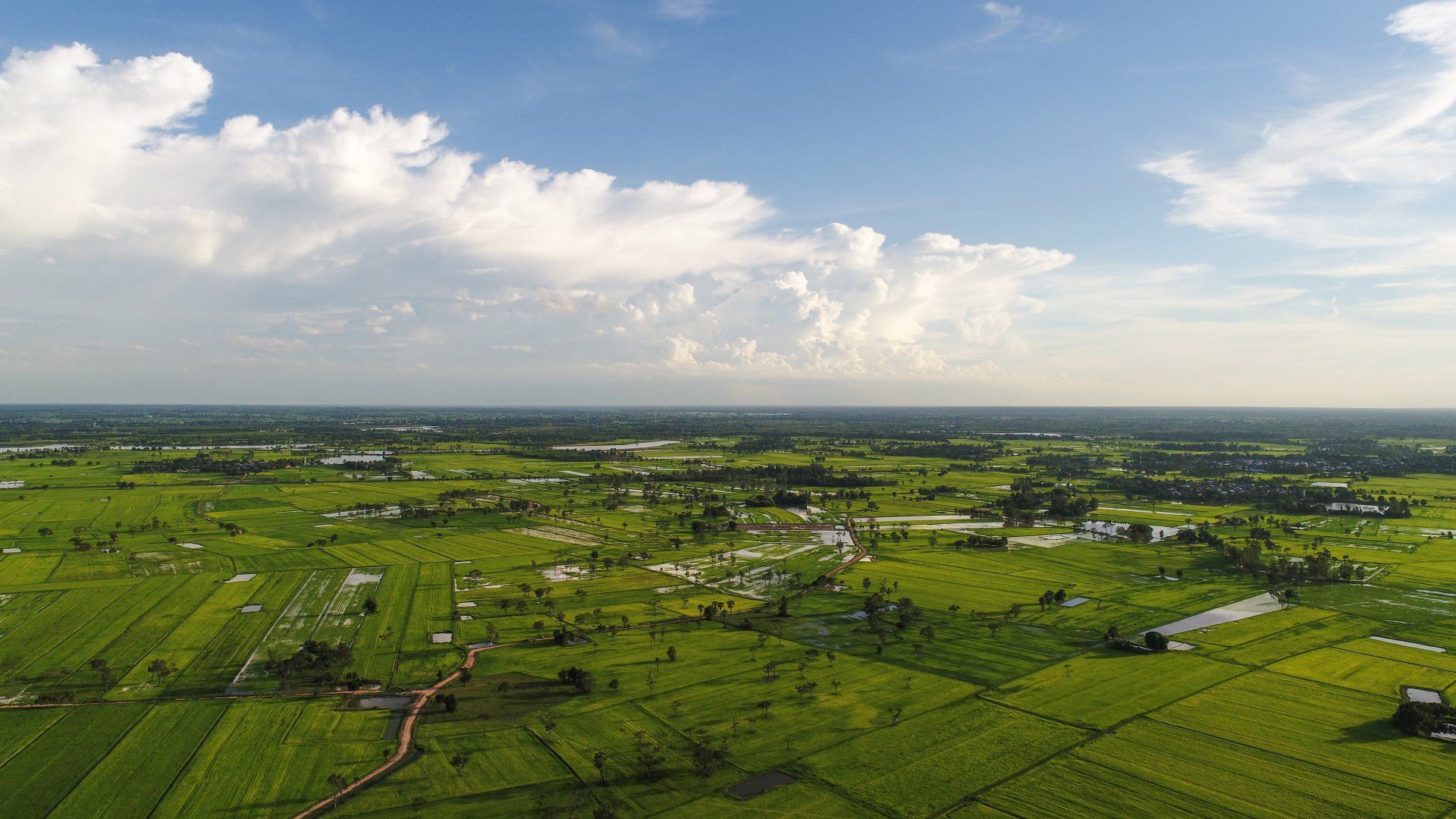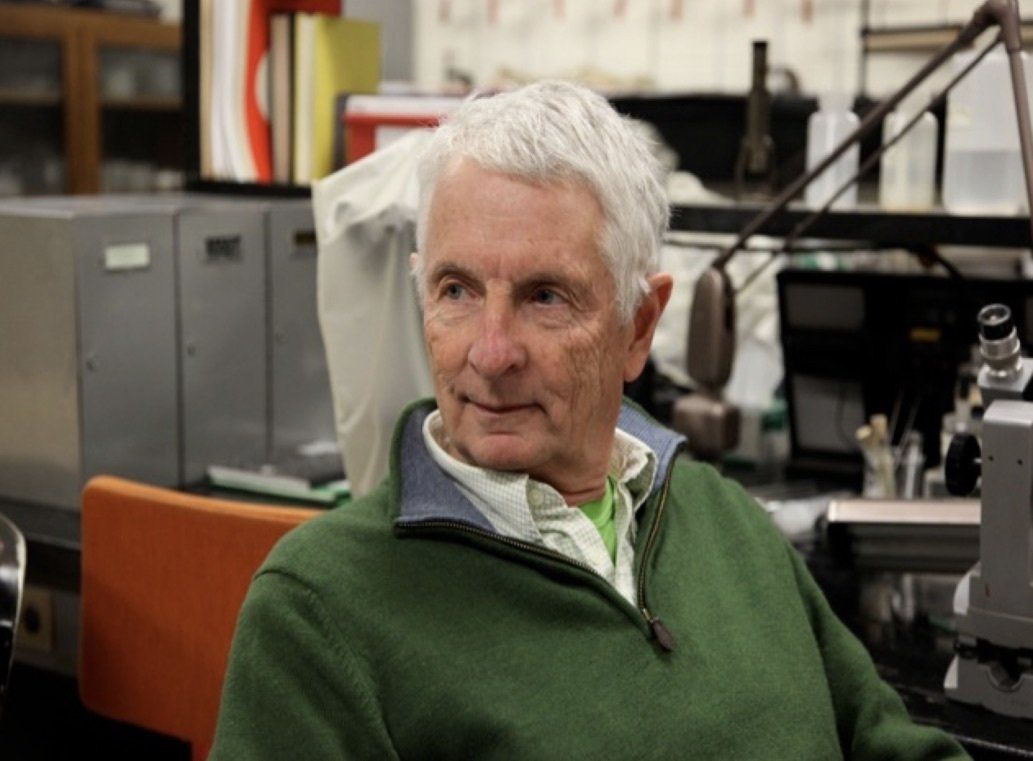Pioneering in the 21st Century (Blog No.3)
Pioneering in the 21st Century

Although I knew that one branch of my ancestors were pioneers and moved west in their covered wagon in 1874, I never thought about pioneering until I was requested to write my memoir. Writing Pioneering in the 19th, 20th and 21st Centuries: From a Covered Wagon to an Anthropocene? caused me to realize that I had been a pioneer most of my life. It also caused me to realize that pioneering is a very positive, thought provoking and potentially rewarding activity (Bird, 2021). It led me to the conclusion that everyone should consider themself a pioneer.
What is a pioneer? The word pioneer can be used as a noun, adjective or verb. Dozens of definitions have been created for the term. One thing certain is that change will take place. The future will be different than the past. It will be different than the current environment and state of human affairs. This results in everyone being a pioneer as they venture into the unknown and explore the future.
Some future activities will open new areas of thought and development. Others will pave the way for dealing in a positive manner with the impacts of change on one’s local environment. Everyone is the first individual to deal with the specific changes and challenges of their daily lives. Based on the Latin derivation of the word pioneer, we must all have
broad feet to successfully meet the challenges of the day in a successful manner before
circling the wagons to await the next day.
During my life I raised earthworms as a young boy, managed an apple orchard as a teenager, assisted with insect research as a university undergraduate, conducted nematode research as a young scientist, engaged in academic instruction as a professor, conducted public education as an Extension specialist and assisted with government policy development in several ways. Throughout my entire life, I do not recall anyone referring to themself as a pioneer, or their activities being pioneering initiatives. This lack of a pioneering focus is unfortunate. The pioneering spirit needs to be reinvented with a comprehensive focus on local ecosystems and their future.
Pioneers have imagination and dreams. Whenever possible, these should lead to inspiration and meaningful innovations. Each implemented innovation will have an impact on the local ecosystem and most likely beyond. The feedback loops associated with the processes of imagination, inspiration, innovation, and system responses allow a pioneer to make sound decisions related to their environment and its potential impact on the universe. It is well known that when a system reaches a tipping or bifurcation point, change can occur rapidly. A sound pioneering spirit can assist in assuring that the change will be appropriate for overall quality of life and the health of planet Earth.
Pioneers face a diversity of challenges. Marco Polo, the Venetian merchant, explorer, and writer faced immense challenges as he traveled the ancient Silk Roads throughout Asia. During the westward movement in the U.S.A., pioneers had to find ways to find food and safe drinking water for themselves and their horses, cows, and chickens. Individuals born at the beginning of the 20th Century faced the challenges of the 1918 Spanish flu pandemic, World War I, the dust bowl, the great depression, and World War II. In the 21st Century, generation Z has encountered major classroom security, COVID-19, and climate change prediction issues. It is the ingenuity of these 21st Century pioneers and their pioneering spirit that will allow them to proceed in a highly successful manner.
Unfortunately, there are times when pioneers unknowingly engage in activities that disrupt ecosystems resulting in increases in pest and pathogen occurrences and decreases in the biological diversity that maintain the system’s dynamic equilibrium. Pests are usually defined as: organisms that successfully compete with humans in their quest for food, fiber, shelter and space, or function as vectors of pathogens or nuisance organisms in relation to human comfort and welfare. Is it appropriate to redefine the concept of a pest to include pioneers engaged in activities that have negative unexpected consequences? Absolutely!
One option is to define pests as organisms that disrupt the normal state of an ecosystem in a manner that is detrimental to its sustainable and equitable development. This can include pioneers. Does it include you? Do your activities qualify you as a pest?
One intent of this blog is to provide bloggers with the background essential to determine if they are a constraint to the evolution of a high quality of life for future generations. As a pioneer blogger, you need to evaluate your activities and lifestyle, and make appropriate adjustments when necessary. There is only one Planet Earth, a place that
should have been named Oceana. It must be a place where organisms undergo the process of transition from a neopecies (recently evolved species) to a telospecies (species about ready to become extinct) in an environmentally sound and equitable manner.
A bloggers reflection about current day pioneers
In the early 1990s, a group of pioneering public sector nematologists and private sector industry representatives formed a coalition to facilitate management of the soybean cyst nematode (SCN). A unique aspect of the program was the involvement of a marketing company. The program was successful for the next two decades. Change, however, is inevitable and too much of a good thing resulted in a new problem. The coalition relied primarily on a single source of genetic resistance for SCN management. This facilitated development of highly aggressive populations of SCN. Could another pioneering initiative resolve this problem?
In 2016, nematologists and agricultural industry pioneers organized a second SCN coalition (Markell et al., 2020). It was designed to facilitate resistance management. The new coalition included twenty-eight states, eight corporations and the marketing company. Implementation of modern social multimedia resulted in millions of media impressions and a six-week video campaign that generated 913,070 views. In addition, pioneer marketing research determined that during the first three years of the Coalition, soybean growers made statistically significant improvements in their SCN understanding and management practices. As a true pioneer, in 2021, the Coalition received the highest award granted by the Public Relations Society of America. In accordance with a pioneering spirit, the Coalition continues to explore previously unchartered aspects of the domain of SCN. This is achieved in a way to assure that the soybean community is a sustainable and equitable, but pioneering entity.
In 2024, the Coalition made two pioneering adjustments as they envisioned their path forward. Leadership for the initiative was transferred to the next generation and the program was expanded to include four highly significant plant parasitic nematodes. The future challenges associated with these changes are unknown, but it is assured that they will have to be resolved in a pioneering manner.
____________________________
Literature Cited
Bird, G. 2021. Pioneering in the 19th, 20th and 21st Centuries: From a Covered Wagon to an Anthropocene?. Elegantus Press, Lansing. 66 pp. ISBN 987-0-578-70239-1
Markell, S., G. Tylka, E. Anderson and H. van Esse. 2020. Developing Public-Private Partnerships in Plant Pathology Extension: Case Studies and Opportunities in the United States. Ann. Rev. Phytopathol. 58:161-180.
an image of myself, from a time before I re-found my faith.





